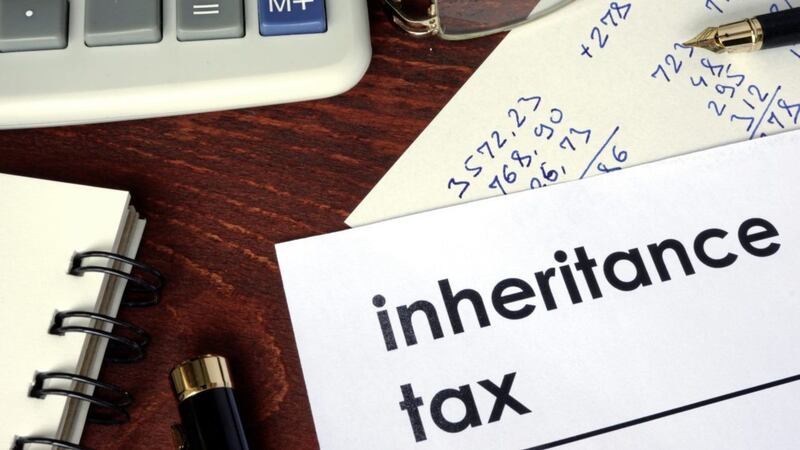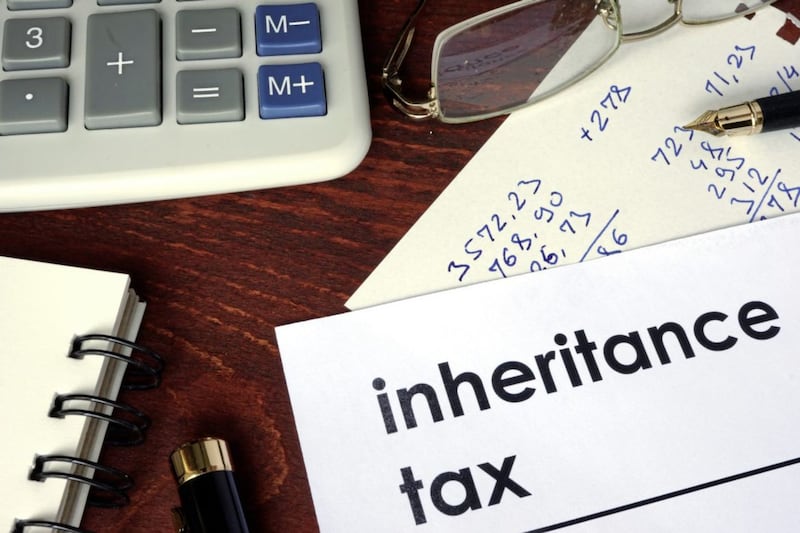IF you own a business, then here’s some info that could save you thousands of pounds in avoidable tax payments . . .
By incurring a liability for inheritance tax (IHT), many businesses, individuals and families forfeit money to Her Majesty's Revenues & Customs that they could easily have kept.
Government revenues IHT are at a record high, with latest figures showing the tax man took £5.1 billion in the financial year 2016-17.
Since the tax threshold above which IHT is payable was frozen in 2010, the number of liable individuals and families has increased by 160 per cent.
Inheritance tax is levied at 40 per cent on assets that exceed your allowance, which is currently £325,000 for a single, or £650,000 for a couple provided that the first partner to die leaves all their estate to the other.
Since last year, we’ve also had a family home allowance of £100,000, in addition to this IHT threshold.
It may sound like a lot, but when you consider the value of your home, other assets, and life insurance policies not written in trust, it soon adds up. That £5.1 billion figure shows we’re still busily handing it over to the tax man.
Ironically, inheritance tax has long been known as ‘the most avoidable tax of all.’ The potential to avoid IHT can be particularly interesting if you own a business.
If you die while still the business owner, and you have owned the business for over two years, you may qualify for business relief (formerly known as Business Property Relief), which gives your business between 50 per cent and 100 per cent exemption from IHT.
But whoa! Don’t die just yet, though – there’s more! At this point, it’s important to understand ‘excepted assets’ – wealth of yours which you may believe qualifies for business relief, but actually does not. The big three excepted assets are: shares and other investments not used in the business; assets intended for private use; and excess cash.
In one particular court case in the past, Barclays Bank Trust Co versus IRC, it was held that any cash balance exceeding 25 per cent of a business’s turnover would be deemed an excepted asset, in other words potentially liable to IHT. This benchmark has now been adopted by HMRC.
It means that if your business turns over £500,000 a year, but at the time of transfer has £400,000 in the bank, then £275,000 of that could be subject to IHT - leaving an unexpected tax bill of £110,000 to pay.
Now let’s look at the alternative scenario, for those business owners who choose not to die while still wearing their shirt and tie.
You might want to sell your business, and enjoy some of your money, while you’re still above ground. As the man said, there are no pockets in a shroud.
So you sell your business, and have a sudden inflow of cash.
However, this loses Business Relief status and becomes liable to IHT, possibly leaving your beneficiaries and family with a large tax bill when you die.
This can be avoidable. Provided you act within three years of disposing of your business, you can invest the cash so that it qualifies for ‘Replacement Business Relief’ (RBR – formerly known as Replacement Property Relief), and reduce or avoid an IHT liability. And, of course, you also have the bonus that the new investment can itself generate a satisfying return, year on year.
Owners quite understandably fear losing control of their capital when exiting their business. That’s why they love Replacement Business Relief - it means they do not have to part with their wealth, in order to mitigate IHT.
But you do need to act, once you’ve sold the company. Your capital will be exposed to IHT, until the reinvestment happens.
With a new investment to qualify for Replacement Business Relief, you’ve got to be in to win.
:: Michael Kennedy is an independent financial adviser and pensions specialist, and can be contacted on 028 71886005. Further information on our Facebook page at Kennedy Independent Financial Advice








